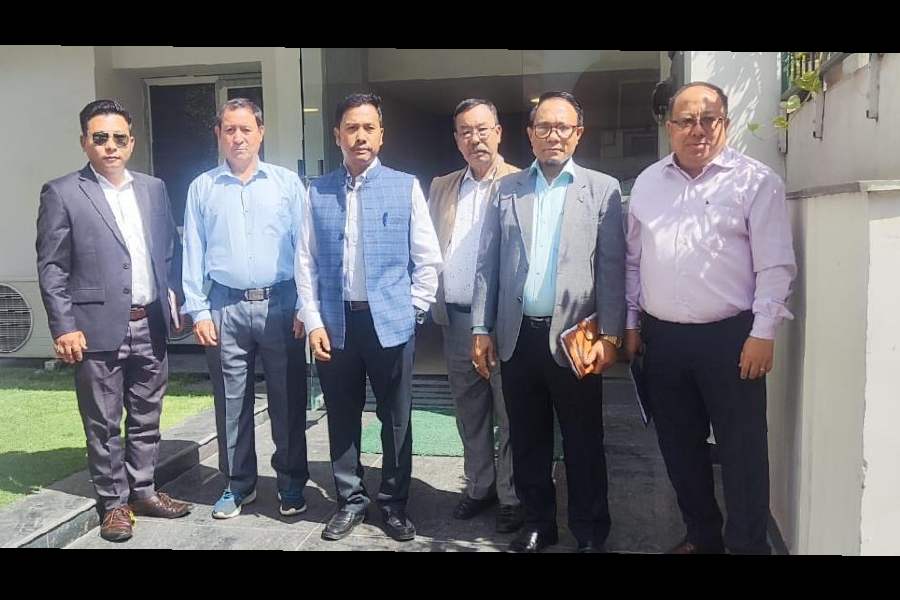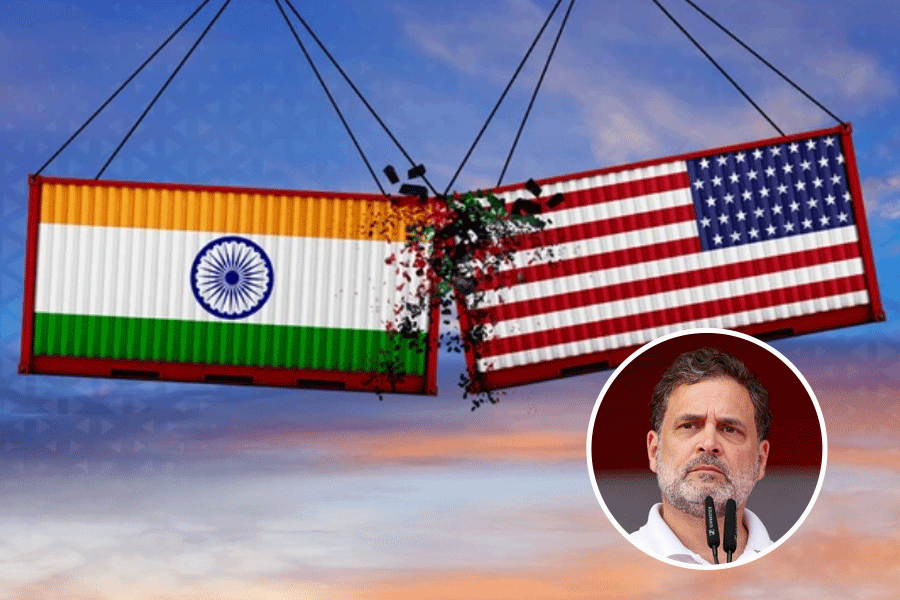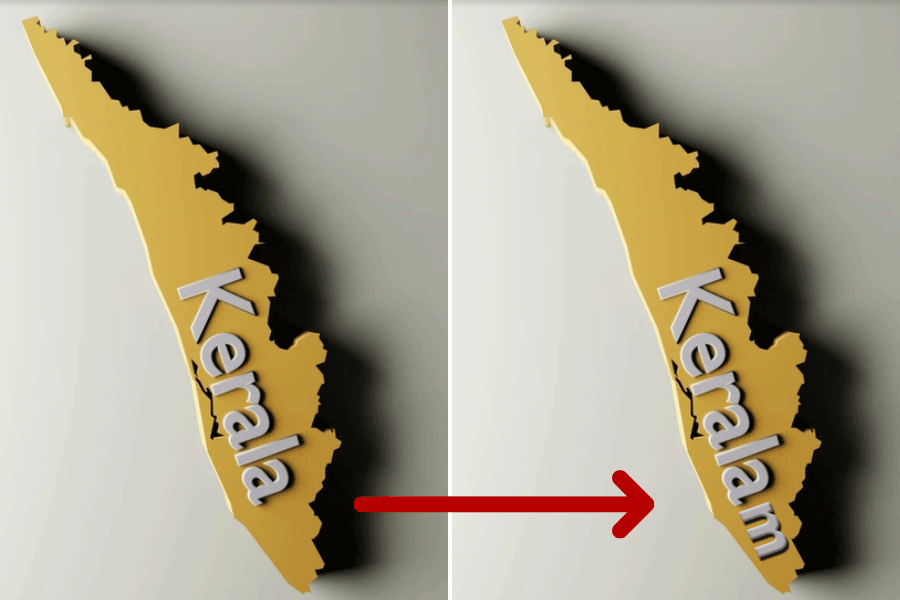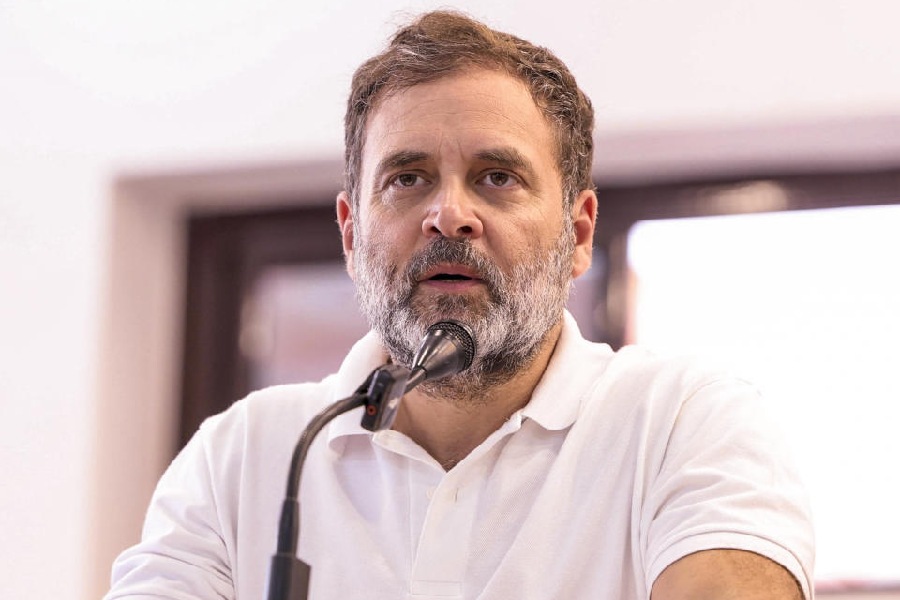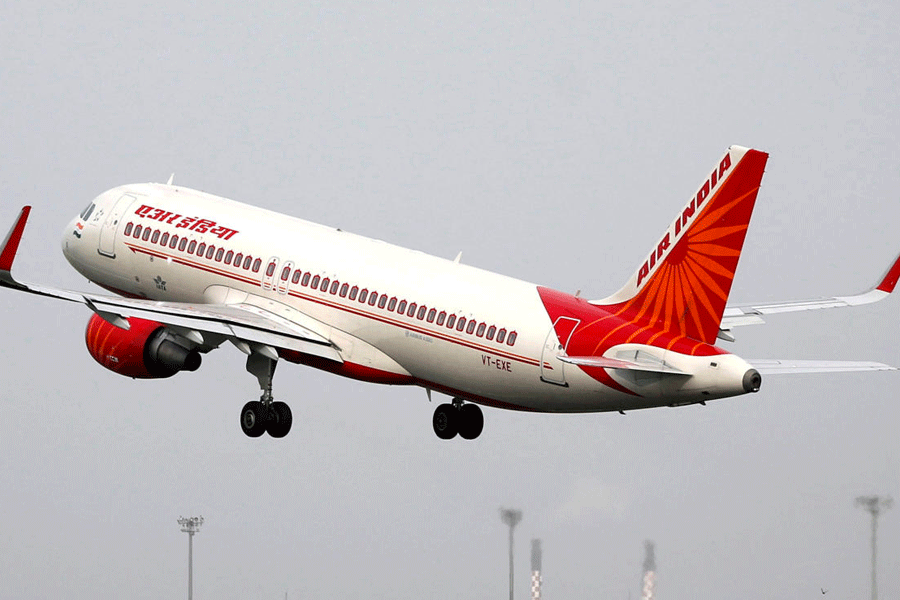The Centre on Saturday held a tripartite meeting with representatives of the Meitei and Kuki-Zo communities as part of peace efforts in strife-torn Manipur but could not get the Kukis to consent to the draft six-point resolution it circulated for discussion after hearing both sides.
The meeting, however, was significant because the home ministry had managed to bring the warring sides together for the first time since the conflict erupted on May 3, 2023.
Sources told The Telegraph that the meeting was convened “to discuss points for solving the Manipur issue”.
After hearing both sides, the home ministry circulated six key points for discussion before a final draft could be adopted as resolutions passed at the meeting.
The Meitei side — represented by the All Manipur United Clubs’ Organisation and the Federation of Civil Society Organisations — gave its consent to the draft resolutions. But the Kuki-Zo representatives withheld their consent saying they needed to discuss the points with their people first.
However, the Coordinating Committee on Manipur Integrity (Cocomi), a leading Meitei conglomerate, issued a statement saying it “consciously declined to participate” in the meeting, which it called a “stage-managed spectacle”.
It said the exercise was a “strategic ploy to validate the misleading narrative advanced by Union home minister Amit Shah in Parliament that the Manipur crisis is merely an ethnic conflict between the two communities allegedly triggered by the high court’s direction on Scheduled Tribe status for Meiteis”.
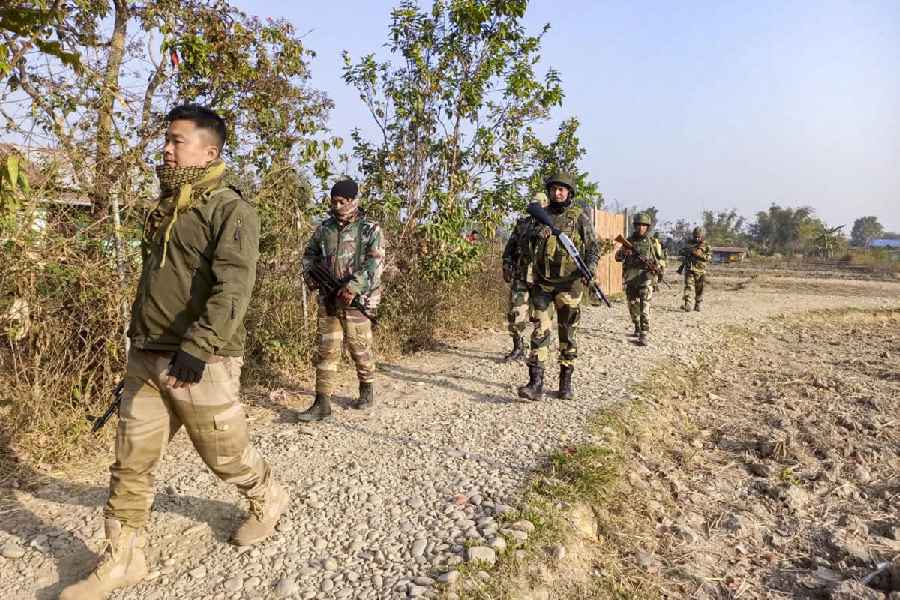
In this image released by @manipur_police via X on Friday, Feb. 14, 2025, Security personnel during a search operation in the fringe and vulnerable areas of hill and valley districts of Manipur.
The home ministry was represented by its northeast adviser, A.K. Mishra, and “seven-eight other officials”. Manipur chief secretary P.K. Singh and an additional DGP were present.
A representative of the Meitei side welcomed the Centre’s initiative.
A Kuki-Zo representative said the meeting was a “significant milestone because we could meet after 22 months of the conflict” to discuss the situation, which was “unpredictable and tense”.
The reactions point to a long and difficult road to peace that needs to be trodden with patience, given the deep divide and distrust that the turmoil has created.
The Meitei side shared the six draft points of discussion the home ministry had circulated:
n Each side will appeal to its people “to refrain” from violence against members of the other community. The administration will take strong action against perpetrators of violence.
n Both sides appreciate the steps taken by the Manipur governor to restore peace, including facilitating the surrender of arms, and extend their cooperation.
n Both sides acknowledge the difficulties faced by the public because of the restrictions on free movement on Manipur’s national highways, and will cooperate to normalise travel on the highways.
n Both sides will welcome any government initiative to facilitate homecoming by the displaced, subject to logistics and security arrangements made by the government.
n Both sides appeal to the governor to prioritise development in the areas neglected during the conflict.
n Both sides agree to all long-term and contentious issues being taken up withthe Centre for resolution through dialogue.
“We did not sign any document because we need to consult with our people,” a Kuki-Zo representative told The Telegraph.
Manipur is under President’s rule, which was imposed on February 13, four days after Biren Singh resigned as chief minister. The Assembly is in suspended animation.

